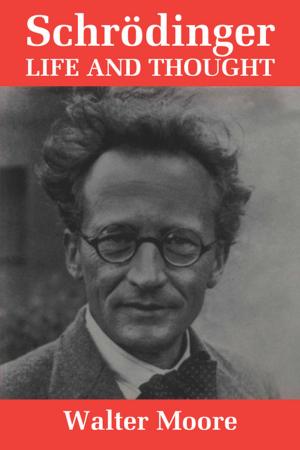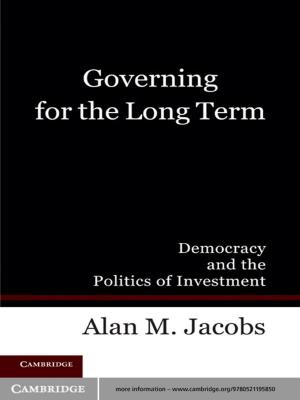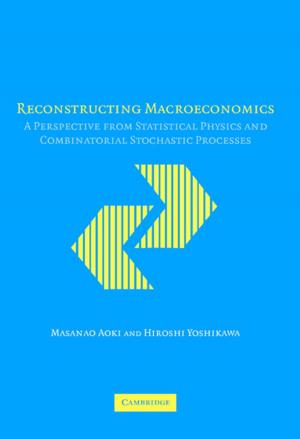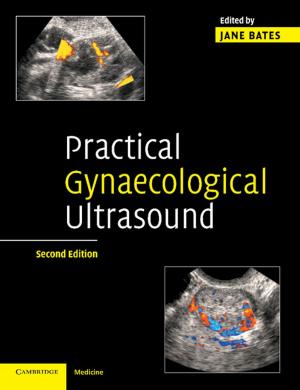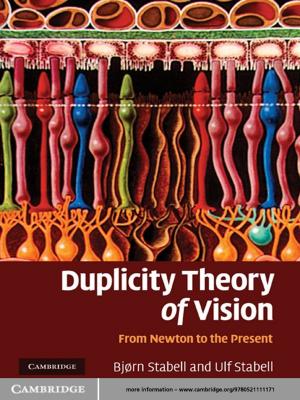Causal Reasoning in Physics
Nonfiction, Science & Nature, Science, Other Sciences, Philosophy & Social Aspects, Religion & Spirituality, Philosophy| Author: | Mathias Frisch | ISBN: | 9781316055298 |
| Publisher: | Cambridge University Press | Publication: | October 9, 2014 |
| Imprint: | Cambridge University Press | Language: | English |
| Author: | Mathias Frisch |
| ISBN: | 9781316055298 |
| Publisher: | Cambridge University Press |
| Publication: | October 9, 2014 |
| Imprint: | Cambridge University Press |
| Language: | English |
Much has been written on the role of causal notions and causal reasoning in the so-called 'special sciences' and in common sense. But does causal reasoning also play a role in physics? Mathias Frisch argues that, contrary to what influential philosophical arguments purport to show, the answer is yes. Time-asymmetric causal structures are as integral a part of the representational toolkit of physics as a theory's dynamical equations. Frisch develops his argument partly through a critique of anti-causal arguments and partly through a detailed examination of actual examples of causal notions in physics, including causal principles invoked in linear response theory and in representations of radiation phenomena. Offering a new perspective on the nature of scientific theories and causal reasoning, this book will be of interest to professional philosophers, graduate students, and anyone interested in the role of causal thinking in science.
Much has been written on the role of causal notions and causal reasoning in the so-called 'special sciences' and in common sense. But does causal reasoning also play a role in physics? Mathias Frisch argues that, contrary to what influential philosophical arguments purport to show, the answer is yes. Time-asymmetric causal structures are as integral a part of the representational toolkit of physics as a theory's dynamical equations. Frisch develops his argument partly through a critique of anti-causal arguments and partly through a detailed examination of actual examples of causal notions in physics, including causal principles invoked in linear response theory and in representations of radiation phenomena. Offering a new perspective on the nature of scientific theories and causal reasoning, this book will be of interest to professional philosophers, graduate students, and anyone interested in the role of causal thinking in science.


